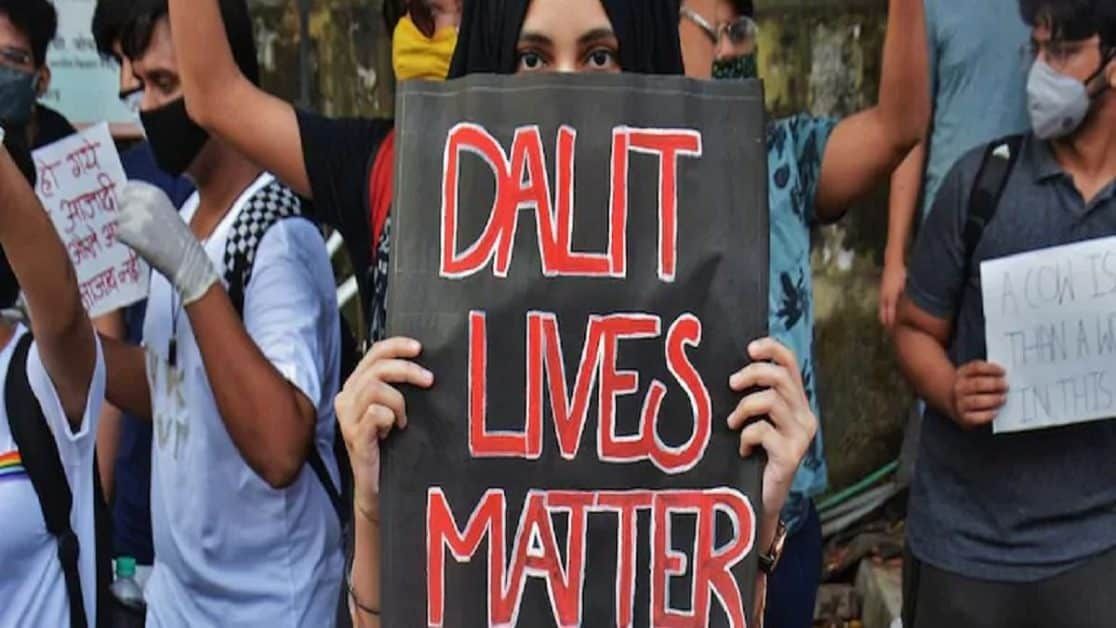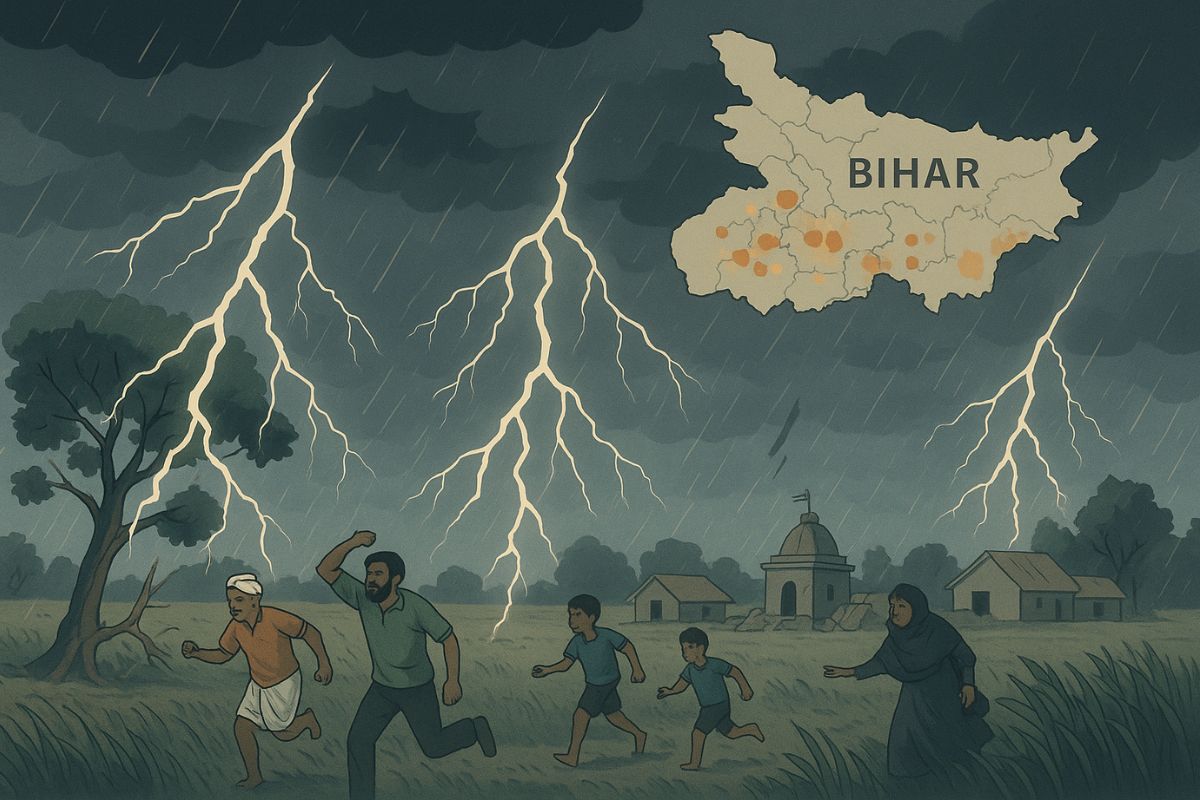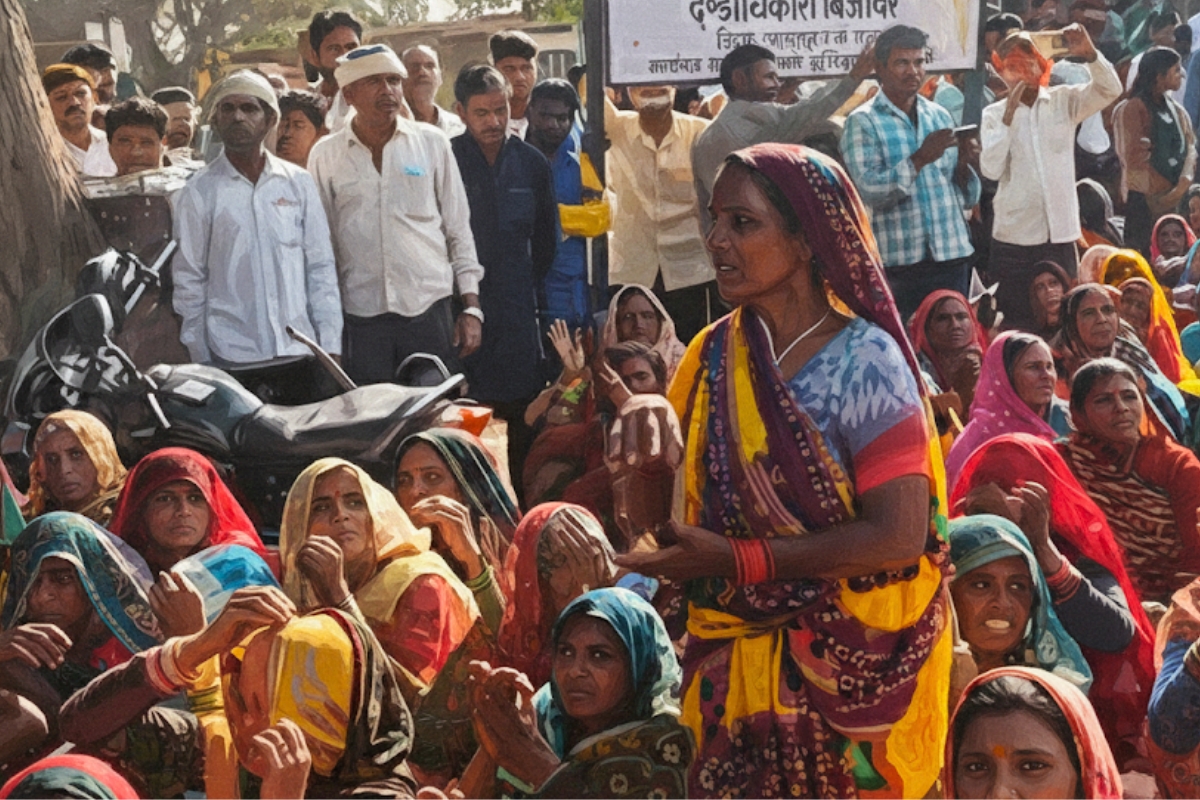Ground Report | New Delhi: Discrimination raises Dalit in India; Staff members used to harass her, she was not allowed to enter the university laboratory. I didn’t even get a chair. It had become very difficult for Deepa P. Mohanan, one of the so-called lower castes, to complete her doctorate. Many times my courage was broken and I would like to leave, but she decided to fight.
Discrimination raises Dalit in India
Deepa Mohanan is researching nanomedicine. Her struggle became an inspiring example for tens of thousands of Dalit students when she went on a hunger strike against the injustice that had been imposed on her and she rose only after promises of reform.
Mohanan from Kottayam says: “I sincerely want to finish my Ph.D., but I realized that I will not be able to complete the work until I expose the injustice that has been done to me for years.”
ALSO READ: Four of Dalit family killed, daughter gang-raped in Prayagraj
Mohanan’s 11-day hunger strike ended this month when the president of the Mahatma Gandhi University Center for Nanoscience and Nanotechnology was fired over his complaints. The university has also established a committee under the chairmanship of the vice-chancellor to investigate allegations of abuse and exploitation of Dalit students on campus.
‘Classrooms are terrible places’
There are around 200 million Dalits in India who still have to fight for their basic rights. “Caste bullying is common on college campuses. Classrooms have become a terrible place,” says Jenny Rowena, an English professor at the University of Delhi.
Rowena is working with a YouTube channel that documents the stories of oppression faced by Dalits and other backward castes. She says that many students do not attend classes to avoid embarrassment and torture.
Data from government higher education institutions show that only 14.7 percent of 18 to 23-year-olds belong to Dalit or other backward castes, while they are 15 percent reserved in many subjects.
ALSO READ: Discrimination against Muslims, Dalits and Adivasis in Healthcare
Mohanan was the only Dalit in his graduate group of 100 students, working on techniques for rapid wound healing. She is the first person in her family to go to college, raising her son without a life partner. “Really, she wasn’t expecting so much discrimination,” she says.
Mohanan had complained to the authorities dozens of times before going on a hunger strike. A judicial complaint was also filed. She says: “It was said in the conversation that if you supported a Dalit student, it would affect the discipline of the institute. I felt lost then. But I decided to fight again.”
Daily struggle
The student organization Bhim Army had supported Mohanan’s fight. Anuraji PR, the organization’s national vice president, said that life on campus is a daily struggle for Dalit students. One student, on condition of anonymity, said that many times students fail assessments, and many supervisors refuse to be our guides for postdoctoral studies.
In September, the College Scholarship Commission wrote to all colleges instructing them to strictly prohibit caste discrimination on campus. In addition to maintaining a complaint book and providing a website for students to register complaints, instructions have also been issued to form a committee that will hear these complaints regularly.
You can connect with Ground Report on Facebook, Twitter, Instagram, and Whatsapp. For suggestions and writeups mail us at GReport2018@gmail.com









